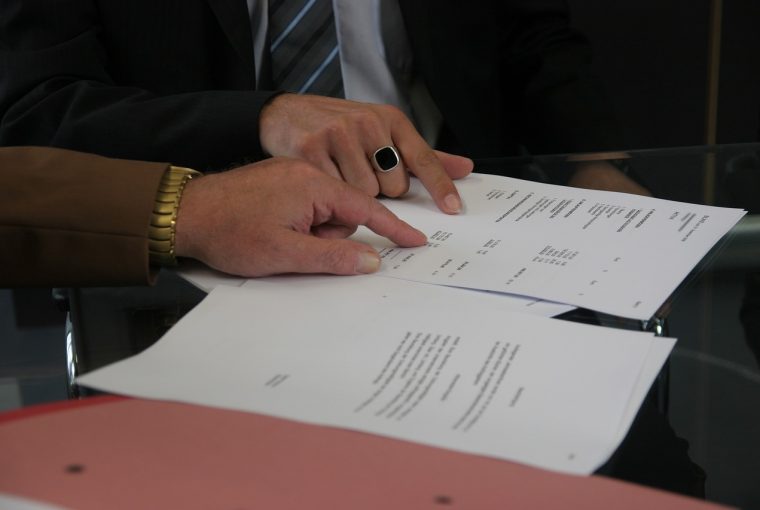Leasing commercial space comes with its challenges, with one of the biggest being resolving commercial lease disputes. Commercial lease disputes arise between the tenant and the landlord regarding the lease premises. These disputes can be a major headache, sometimes leading to costly litigation. However, you can prevent or resolve commercial lease disagreements amicably with some knowledge and proactive measures. This article presents essential tips for dealing with commercial lease disputes.
1. Review and Understand the Lease Agreement
The lease agreement outlines the obligations and responsibilities of the landlord and tenant. Reviewing the agreement helps clarify the lease agreement’s terms, identify inconsistencies, and provide guidance on resolving any disputes that may arise. Additionally, you should note any provisions regarding the notice of default, dispute resolution, and early lease termination. If you need help to understand any part of the agreement, seek the help of a commercial lease attorney.
2. Try to Talk Things Out
When a dispute arises, start by talking calmly to the landlord for their feedback. In most cases, the landlord in Canada will appreciate your effort to initiate a conversation rather than take legal action. If the landlord is willing to engage and participate, you can discuss and explore potential solutions to resolve the dispute. Whether the conversation is in person or over the phone, document what was discussed and agreed on.
3. Seek Legal Counsel
Despite your efforts to resolve the issue peacefully, sometimes legal action may be the only option. That is where seeking legal counsel becomes essential. Having a commercial lease dispute lawyer on your side can provide vital assistance in navigating the complexities of lease agreements. They can offer invaluable insights into your rights and responsibilities and guide you through any necessary legal proceedings. A commercial lease attorney can help ensure that your best interests are protected.
4. Mediate the Dispute
Resolving a lease dispute through mediation is a viable alternative that can help avoid going to court. This option includes a third-party mediator who helps both parties reach a mutually agreeable solution. Mediation is much cheaper and faster than litigation and can preserve landlord and tenant relations. In many cases, a mediator can help parties explore creative solutions that were not previously evident. Therefore, consider engaging a professional mediator when negotiation fails.
5. Consider Arbitration
With arbitration, a neutral third party hears the case and makes a binding decision. The process is similar to a trial but less formal and usually more cost-effective. When the lease agreement has an arbitration clause, the disputing parties may opt for this resolution method over the trial.
6. Document Discussions and Agreements
Proper documentation is essential in case of any lease disputes. Keep records of all communications, negotiations, and agreements with the landlord. Documentation can help provide evidence of your entitlements and your efforts to resolve the dispute. It can also help in case of any future disagreements with the landlord.
Lease disputes are often challenging to resolve, and it’s better to avoid them in the first place. However, when issues arise, it’s essential to approach them strategically and be proactive. Understanding your lease thoroughly is the first step, followed by making all attempts to communicate your issues and find a solution. Mediation and arbitration should also be considered before resorting to litigation. If legal action is required, seek help from an experienced lawyer who can work with you toward a favorable outcome. By following these tips, you can effectively resolve a lease dispute without disrupting your business and relationships with the landlord.
- Online casino’s safeguards against crime - January 8, 2025
- The Best Slot Games For Low-Budget Play - December 14, 2024
- From Mob Mentality to Digital Thrills - December 10, 2024








